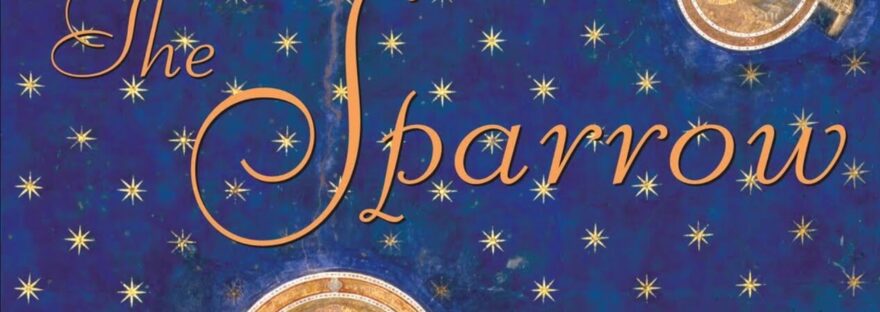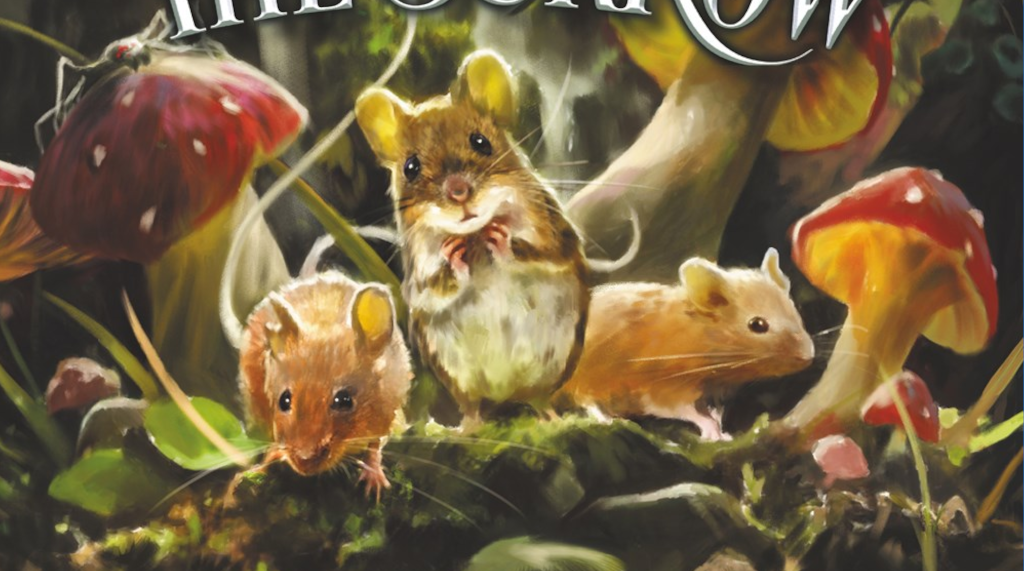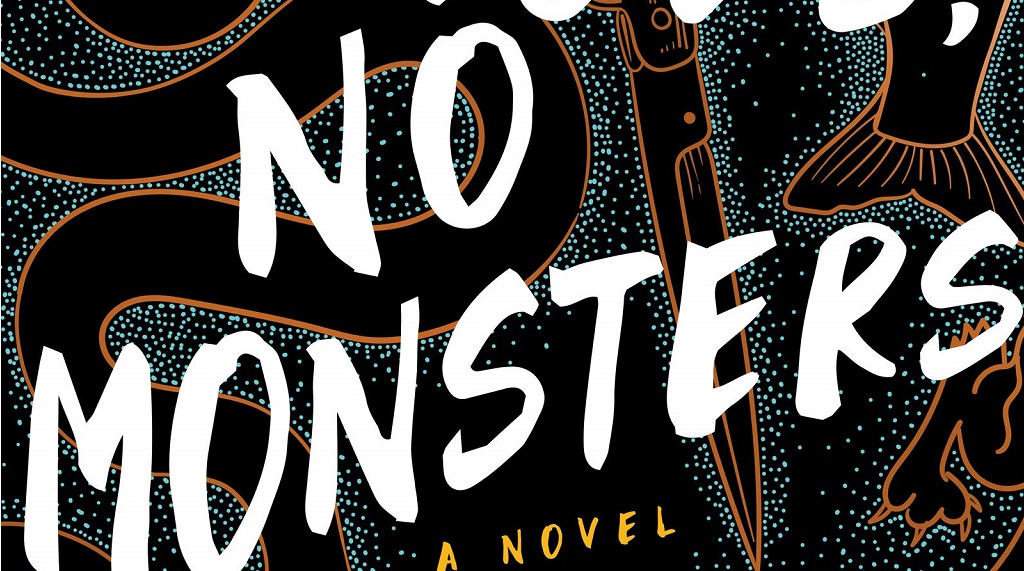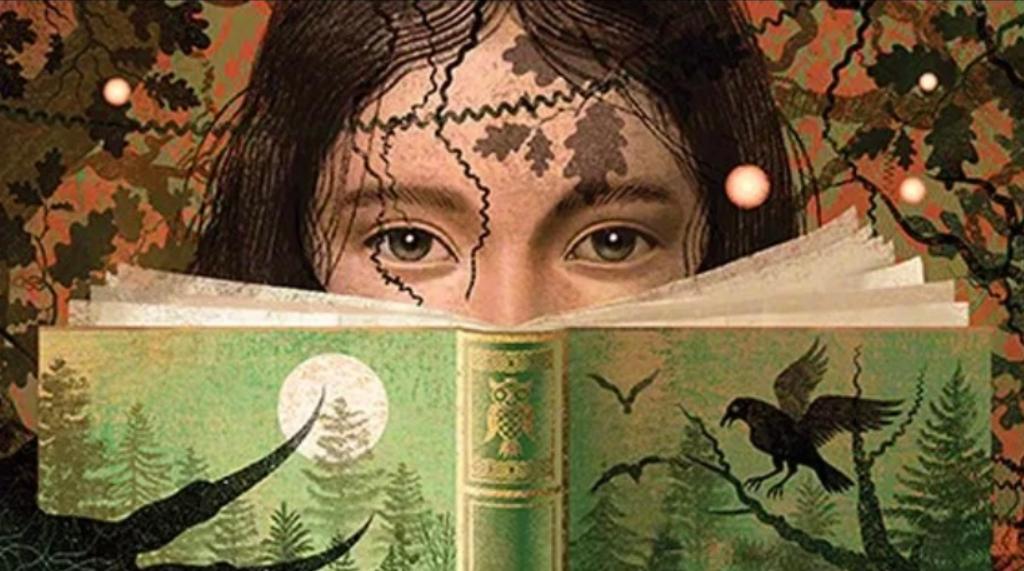Hmmm… well, this one didn’t turn out to be a favourite.
The Sparrow by Mary Doria Russell is about a recently-returned Jesuit priest, Emilio Sandoz, the only survivor of a first-contact mission to meet sentient alien life. There is a lot of controversy about the mission, which was apparently launched in secret and funded by the church. Communications between Earth and the alien planet Rakhat have been spotty: each transmission from Rakhat takes around 17 years to get back to Earth. So after a rescue mission picks up Emilio and sends him back, the infamous story of his becoming a prostitute and murdering a child has already preceded him.
First of all, I’ll tell you what I liked about this book. I liked Russell’s development of the two sentient species of Rakhat. She put together a rich culture between the two of them—not just the government, society, and language, but she also their evolutionary history and how the relationship of their primitive ancestors defined how their two societies evolved as well. That surprised and delighted me. I enjoyed her exploration of what a society of sentient beings would be like if, instead of social apes, they had developed from herbivorous herd creatures. I found them fascinating for how their relationships and familial structures differed from our own. The crew was less impressed. They wanted to see technology and development. I just wanted to see a different way of life and have my mind opened to the possibilities of it. Having gained that, I can say I am satisfied with my read of The Sparrow, even though I cannot say I enjoyed the rest.
“Important novels leave deep cracks in our beliefs, our prejudices, and our blinders. The Sparrow is one of them.”
—Entertainment Weekly
The story jumps around a lot. Rather than relating the tale in a linear fashion, Russell alternates between the present—Emilio’s journey towards healing and reconciliation (or not) while the Father Superior tries to get a confession out of him about what really happened on Rakhat—and the past, which is anywhere between the years 2016 and 2050-something, telling us about the characters who formed the doomed crew, how they came together to start the mission, and what actually happened on Rakhat.
Jumping between different time periods and character perspectives was disorienting for me. For the most part, the narrating voice was one of several third-person observers of Emilio. I got to know him better by his conversations with them, and some omniscient insight from the narration here and there. That said, he is an incredibly rich and complicated character. I enjoyed him more in the “present” than in the past. In spite of what he’d been through he felt more like a real person after he’d been through it.
Knowing from the first chapter that everyone else dies, I wasn’t overeager to get to know and love the rest of the crew. It simply weighed too heavy on my mind to be able to enjoy the slow moments of playing cards or joking around or even making exciting discoveries together. My only question regarding them was how and when they were going to die. And, in this, I was disappointed. I feel the survivors could have learned something from the deaths. There certainly was no limit to potential material in exploring concepts of death and survival on an alien world. Instead, each death was sort of glossed over and the subject of death itself was treated more as a taboo: it happens, and sometimes there isn’t a reason so don’t ask too many questions. I found that disappointing.
The other leading questions I had entering the story, why had Emilio succumbed to the crimes he was accused of upon his return, had similarly unsatisfying answers. I felt that the obvious answers were the answers, and I was hoping for something a little more complex.
I may simply have had a hard time getting into the story for the above mentioned reasons. I felt like large portions of the story were more “tell” than “show”: giving me summaries of what was done and discovered rather than invoking my senses so that I could experience it alongside the characters. Ultimately, it wasn’t for me. I would recommend it for readers who are interested in cultural development and tackling difficult philosophical questions, for these are the elements in which The Sparrow shines.
Is It For You?
Genre: Science Fiction
Themes: First Contact, Religion, Relationship with God, Dealing with Trauma
Character: Multiple Perspectives, Large Cast of Characters
Writing: Nonlinear Narrative, Third Person
Clean Score: 1 for language, 1 for violence, 3 for sex, total score of 6/9. Some language. Violence and gore given in brief detail. Very vivid and disturbing rape scene. To find out more about my Clean Score, click here.
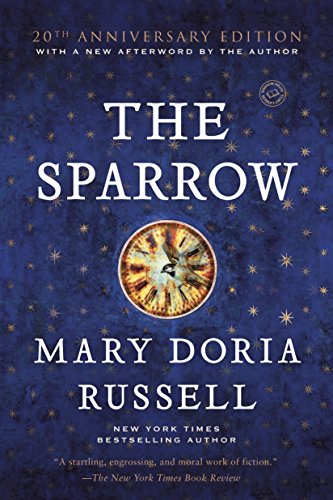
Let’s Discuss
What did YOU think of The Sparrow? Let’s discuss your thoughts in the comments below! (If you haven’t read it yet, please remember the comments section is NOT a spoiler-free zone!)
Civility Reminder – Meadowlarkin’ promotes discussion and healthy disagreement! I believe there is beauty in different people having different voices and opinions. Please respect others, even if they disagree with you. All comments will be moderated.

